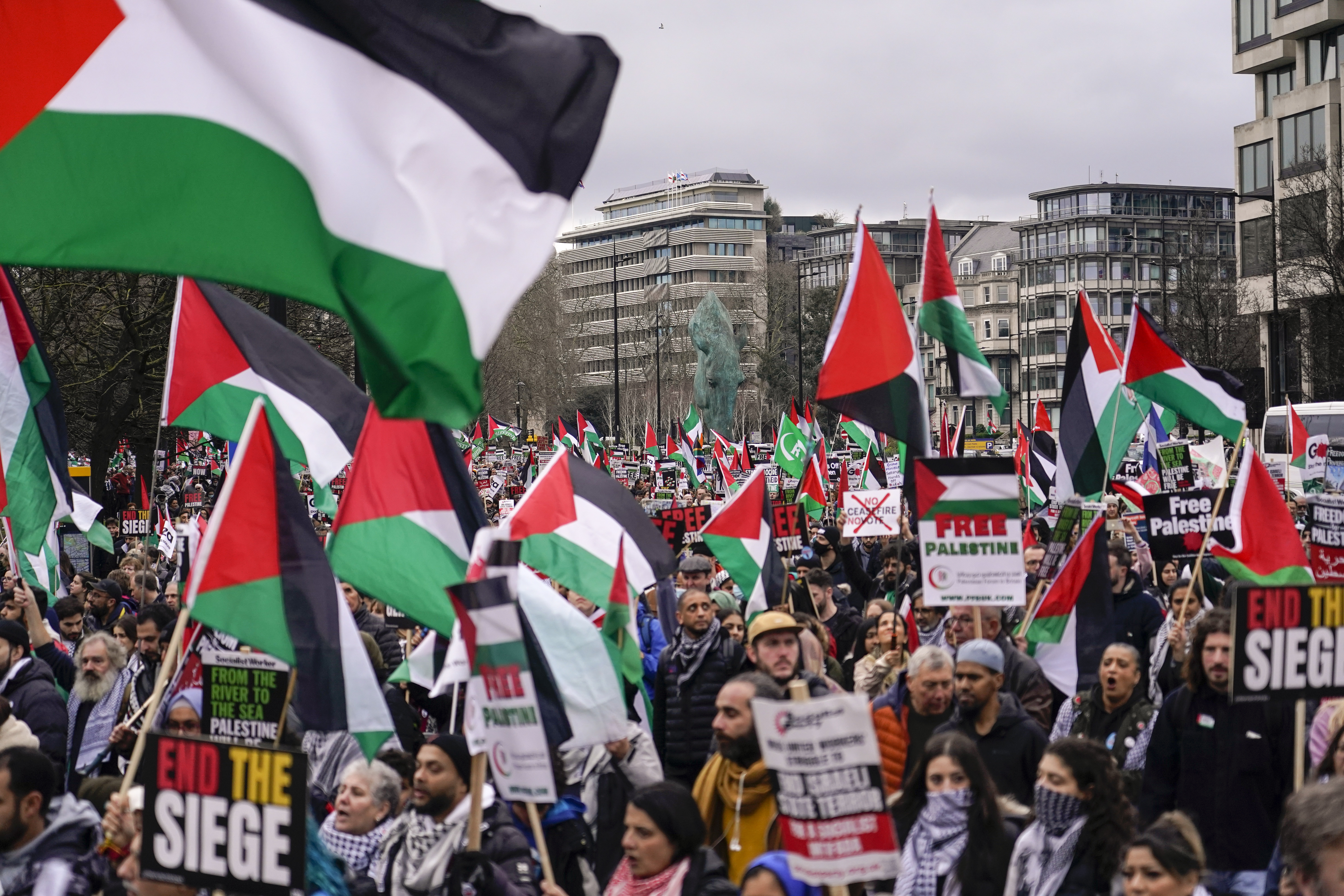Israeli pressure delayed Freedom Flotilla’s departure for Gaza: Organisers
A flotilla of ships set to depart for the Gaza Strip on Friday to bring aid to Palestinians has been stranded in Turkey due to administrative roadblocks, as organisers say Israel has been exerting political pressure to impede the voyage.
The Freedom Flotilla Coalition said Israel was pressuring the Republic of Guinea-Bissau to withdraw its flag from its lead ship, the Akdeniz, which triggered a request for an additional inspection by the flag state.
Ann Wright, a retired US Army colonel and State Department official and one of the organisers of the mission, said the ship had passed all inspections in Turkey and was ready to set sail.
She said the further checks demanded by Guinea Bissau were “a political play on the part of Israel” to stall the departure of the three-ship convoy carrying 5,000 tonnes of aid and more than 500 participants from 40 countries on board.
Israel will no doubt be putting up more red tape and delays.
‘Dark stain on Netanyahu’s forehead will never fade’: Erdogan
Turkey’s President Recep Tayyip Erdogan gave a speech in Istanbul to the League of Parliamentarians for al-Quds (Jerusalem) in which he said the Palestinians, “whose lands are being gradually occupied, are subjected to one of the most brutal oppressions in history”.
“From here, I once again send my greetings to the Palestinian heroes who, through their struggle, uphold the honour of Jerusalem and all humanity,” he said.
He added that anyone looking for “modern pharaohs need not look far; just look at those who have mercilessly killed 35,000 Palestinians in the last 203 days,” referring to Israel’s months-long offensive on the Gaza Strip.
“Netanyahu, like villains before him, has etched his name in history with shame as the butcher of Gaza,” Erdogan added. As the war on Gaza continues, “no one can expect us to remain silent in the face of the genocide,” he declared.
Erdogan reiterated that Turkey will continue its efforts for the establishment of an independent and sovereign Palestinian state with East Jerusalem as its capital.
Two people killed in strike on car in southern Lebanon
The vehicle was attacked in the West Bekaa District, according to Lebanon’s state-run National News Agency. Two people were killed, the NNA said.
Video verified by Al Jazeera shows the car in flames in the middle of the road after the attack.
استهداف سيارة على طريق #ميدون مفرق #السريرة بالبقاع الغربي#البقاع #لبنان pic.twitter.com/SPdOh8yH8P
— Ahmad Farhat | أحمد فرحات (@AhmadAc7890) April 26, 2024





































































 Essay Pro
Essay Pro